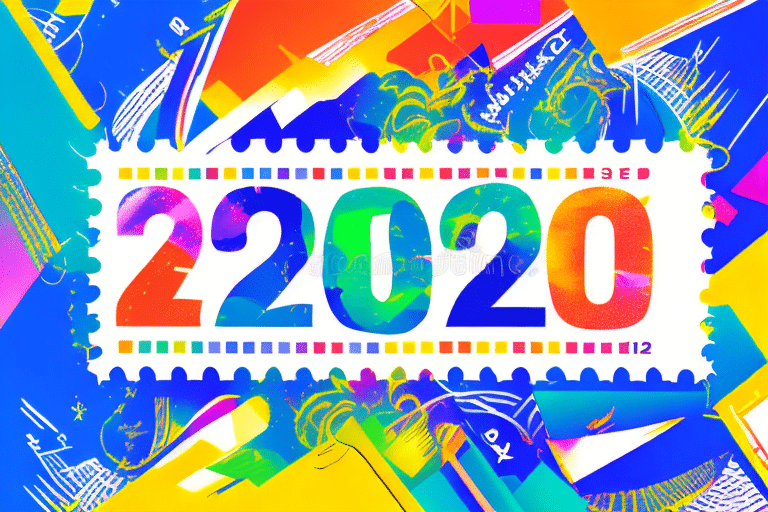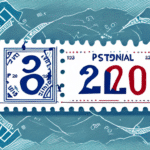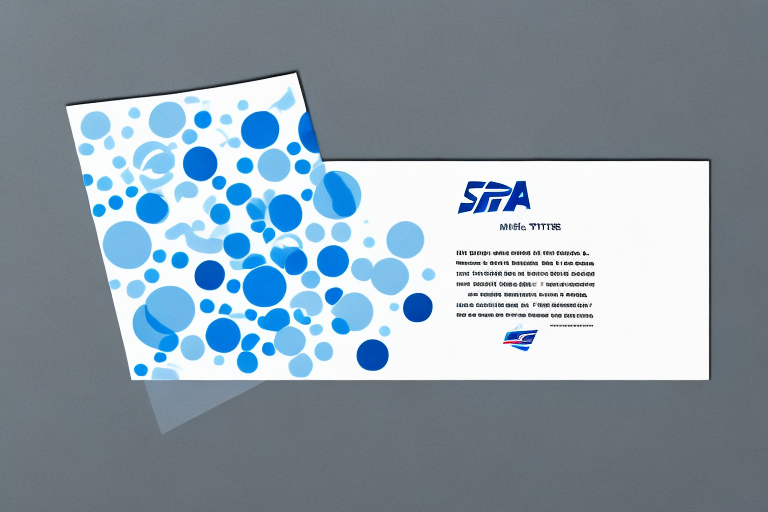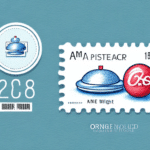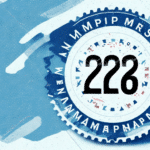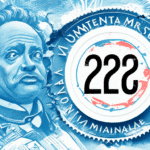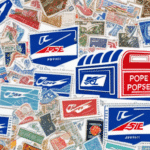Current Cost of a First Class Stamp
As of July 2023, the cost of a first class stamp in the United States is $0.63. This rate applies to a one-ounce letter or standard-sized postcard. The United States Postal Service (USPS) periodically reviews and updates postage rates to reflect operational costs and inflation. It's advisable to check the USPS Postage Price Calculator for the most current rates before sending mail.
Historical Trends in First Class Stamp Prices
Price Evolution Since 1970
The cost of a first class stamp has seen significant increases over the decades. In 1970, a first class stamp was only 6 cents. By 2023, this price has risen to $0.63, marking a substantial increase driven by factors such as inflation and rising operational costs.
Notable Fluctuations
While the general trend has been upward, there have been periods of price stability and minor decreases. For instance, in the early 2000s, the introduction of Forever Stamps provided consumers with a way to hedge against future rate increases, allowing stamps to retain their value regardless of subsequent price hikes.
Factors Influencing Stamp Prices
Inflation and Economic Pressures
Inflation is a primary driver of increased postage rates. As the cost of goods and services rises, so does the operational cost for the USPS, necessitating adjustments in stamp prices to maintain service quality.
Operational Costs
Increases in labor, transportation, and infrastructure expenses directly impact the cost of delivering mail. For example, rising fuel prices can lead to higher transportation costs, which in turn contribute to the need for postage rate increases.
Declining Mail Volume
The shift towards digital communication methods, such as email and instant messaging, has led to a decline in traditional mail volumes. This reduction affects the USPS's revenue streams, often resulting in the need to raise stamp prices to compensate for lost income.
Predictions for Future Stamp Price Increases
Based on current economic indicators and USPS financial reports, further increases in stamp prices are anticipated. Analysts predict that stamp prices could reach approximately $0.68 by the end of 2024. Factors such as continued inflation and the need to invest in modernizing postal infrastructure are likely contributors to this projection.
For detailed insights, refer to the Postal Regulatory Commission's latest announcements.
Impact of Technology on Postal Services and Stamp Prices
Automation and Efficiency
The USPS has implemented advanced automation systems in sorting and delivering mail, which has enhanced efficiency and reduced labor costs. These technological advancements can help mitigate some of the financial pressures that lead to stamp price increases.
Introduction of Forever Stamps
Forever Stamps, introduced in 2007, allow consumers to purchase postage at the current first class rate and use it indefinitely, regardless of future price hikes. This innovation provides consumers with a buffer against rising postage costs and stabilizes demand for first class mail.
Alternatives to Traditional Mailing Services
Digital Communication
With the rise of digital communication platforms like email, social media, and instant messaging, many individuals and businesses are reducing their reliance on traditional mail services. This shift not only lowers postage costs but also aligns with modern communication preferences.
Online Bill Payment and Electronic Documents
Services such as online bill payment, electronic statements, and digital document signing are becoming increasingly popular. These alternatives offer convenience and cost savings by eliminating the need for physical mail and postage.
Comparing International Stamp Rates
International postage rates are generally higher than domestic rates due to additional costs associated with cross-border mail delivery. For example, as of 2023, the cost of a first class stamp in Canada is approximately $0.92 CAD, and in the United Kingdom, it is around 85 pence. These rates can vary based on the destination country, mail class, and weight of the mailpiece.
For precise international rates, consult the USPS International Mail Price List.
Strategies to Save on Postage Costs
Utilizing Bulk Mailing Rates
Businesses and individuals sending large volumes of mail can benefit from bulk mailing rates, which offer discounted postage compared to standard first class rates. Enrolling in USPS bulk mailing programs can result in significant savings.
Optimizing Mail Size and Weight
Reducing the size and weight of mail items can lower postage costs. Using lightweight materials and compact packaging ensures that mail falls within lower postage tiers, saving money on each dispatch.
Leveraging Online Postage Services
Online postage services allow users to purchase and print postage from home or the office, often at discounted rates compared to traditional retail options. Services like USPS Click-N-Ship provide convenient and cost-effective ways to manage postage needs.
Advocating for Affordable Postal Services
Engaging with Policymakers
Individuals and businesses concerned about rising postage costs can advocate for more affordable postal services by contacting their elected representatives, participating in public forums, and supporting postal reform initiatives.
Supporting Postal Service Reforms
Supporting organizations that promote postal service improvements and financial stability can contribute to broader efforts aimed at controlling postage rate increases and ensuring reliable mail delivery services.
Conclusion
The cost of a first class stamp is influenced by a myriad of factors, including economic conditions, operational costs, and technological advancements. Staying informed about these factors and exploring alternatives can help individuals and businesses manage and potentially reduce their postage expenses. As the postal landscape continues to evolve, proactive strategies and advocacy will be essential in maintaining accessible and affordable mailing services.















